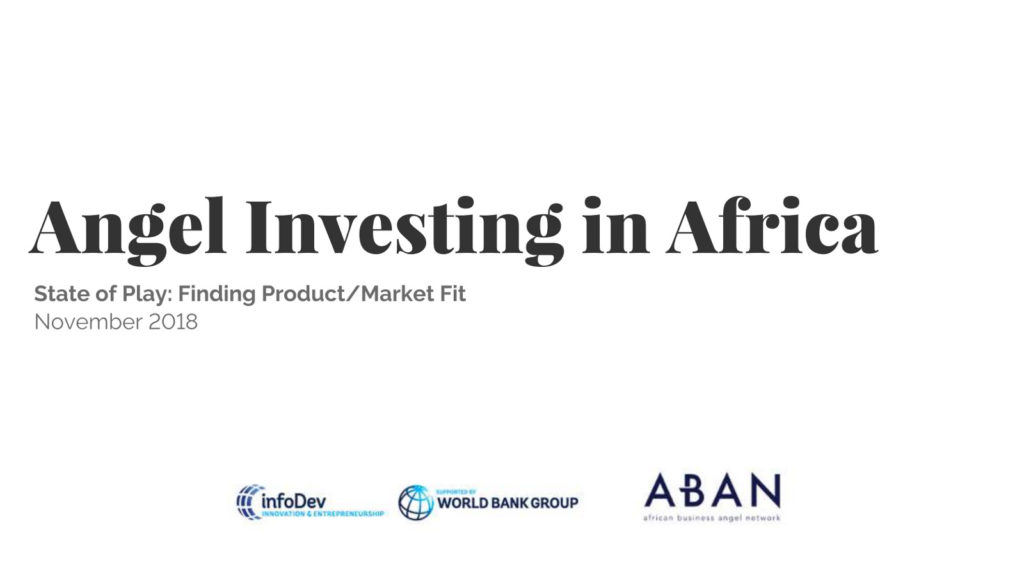Female-led tech startups in South Africa now have the chance to secure up to R1.9 million in funding and global recognition through the Aurora…
With 32 investments, Lagos Angel Network is tops in Africa finds report

The Lagos Angel Network (LAN) is Africa’s most active angel group by number of investments with about $1.5-million currently invested across 32 investments, according to a report by the African Business Angel Network (ABAN).
The report, titled Angel Investing In Africa in Africa, State of Play: Finding Product / Market Fit (a presentation is available here) was presented by ABAN president Tomi Davies at last week’s Africa Early Stage Investor Summit in Cape Town. A copy of the full report will be release early next year.
The study, which was carried out in partnership with infoDev and The World Bank Group between September last year and May this year features information gathered from 17 angel leaders and 75 individual investors.
In addition, 33 angel investing initiatives across 22 countries were also surveyed, making it one of the first ever scoping studies of Africa’s angel investing scene.
ABAN found that Lagos Angel Network is Africa’s most active angel group by number of investments
Egypt’s Cairo Angels — which the report identifies as one of the first angel groups to have launched in Africa, when it emerged in 2010 — was the second most active with about $2-million invested across 21 deals.
The ABAN report further states that LAN’s average investment was about $48 000 while Cairo Angels’ was more than double that at $100 000.
Tunisia’s Carthage Angels was ranked third with 20 investments, while Cape Town-based Newtown Partners and Johannesburg’s Jozi Angels were tied at 15 investments.
Other interesting findings from the report include:
- Africa’s angel investments scene is still very nascent, about 76% of angel investing initiatives surveyed launched only in the last two years.
- A majority of angels (97%) prefer equity, while 52% either use or intend to use convertible notes. Revenue or royalty share is the instrument of choice for 52% of the respondents.
- The majority of angel leaders (86%) perceive the number of investments made by an angel group as a measure of progress. In contrast 48% look at exits as measure of progress while 45% opt to look at the amount invested.
- Although 33% of the surveyed angel groups rely on member dues as the primary source of income, 15% said they had received sponsorship from development agencies, embassies or service providers, while about 43% reported having other sources of income.
Editor’s note (26 November 2018): This article has been updated to reflect that the full report will be released early next year, according to ABAN co-founder David van Dijk

